Composting Pros and Cons: Is It Right For You?
I’ll break down the top composting pros and cons to help you understand exactly what you’re getting into if you add a compost bin to your backyard.
So if you’ve been thinking about composting but need to know if it’s right for you, you’re in the perfect place!
My husband and I have a giant, in-ground pool-size heap of yard waste in my backyard that the previous owner started.
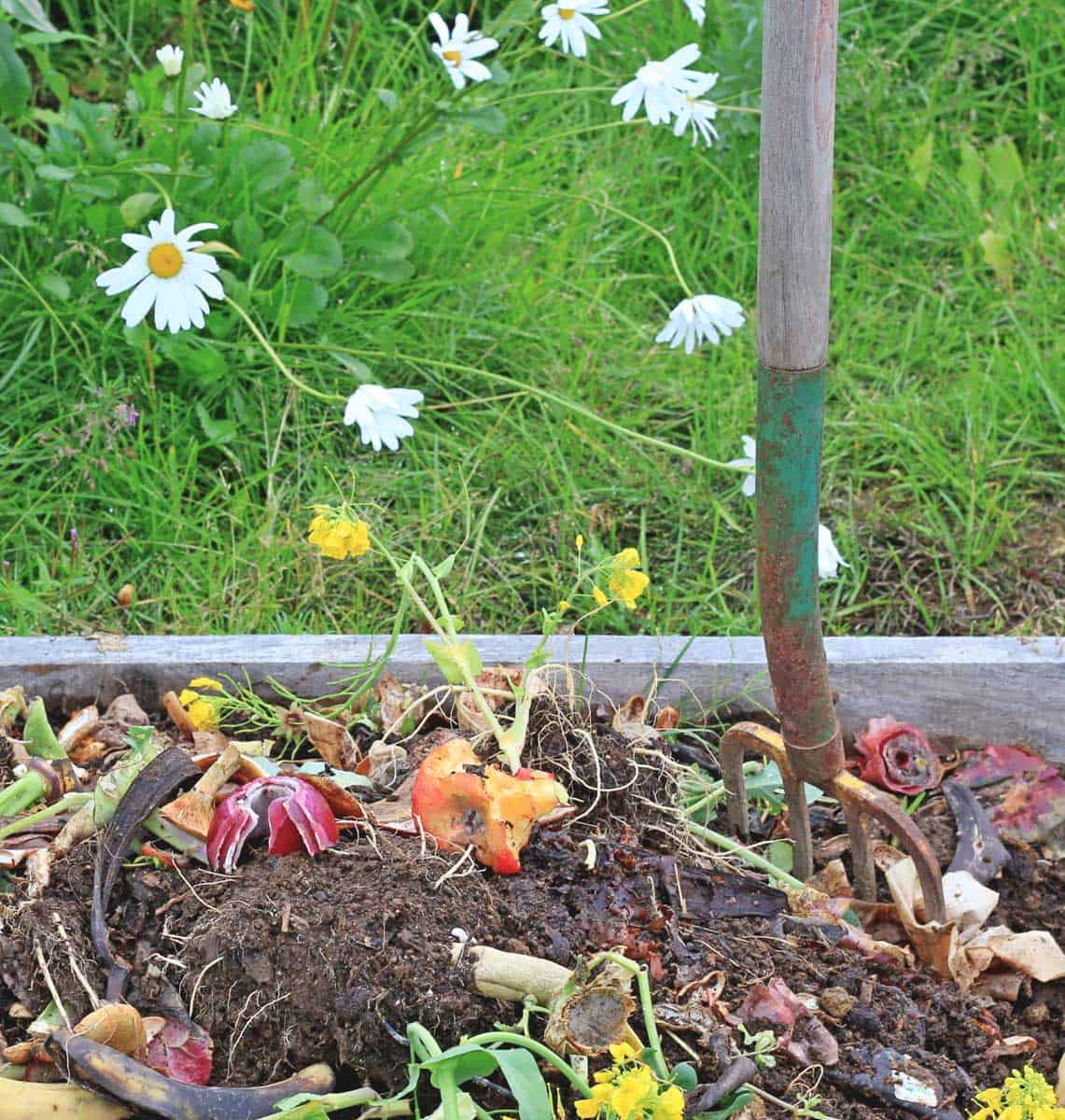
We keep adding to it, but we’ve decided we need to figure out what to do with it.
I started researching composting to learn more about making this giant pile of yard waste work for me.
Now that I understand how composting really works, I can’t wait to build a big composting bin!
Composting can be a great way to break down your backyard waste, such as weeds, wood chips and grass clippings. But there are some things you should know before starting your own composting pile.
These composting pros and cons will help you understand what to expect so you can have a successful composting experience.
What is Composting?

Composting is a natural process to generate new organic matter from food scraps and yard waste.
As the plant matter and food waste break down, they become rich soil supplements that can add tons of nutrition to your garden.
Composting is an excellent way to harness the natural decomposition process at home to reduce waste and improve garden soil.
Here are some of the different composting methods:
- Compost tumbler
- Compost piles (hot and cold composting)
- In-ground composters
- Using a composting service
- Worm farms
- Bokashi composting
- Electric composting machines
Okay, so you know composting is a great way to reduce waste and promote sustainability. But it also comes with a set of its own benefits and drawbacks.
Before jumping in, let’s review those composting pros and cons to determine if it’s the right fit for you.
Pros of Composting
There are so many reasons you should start composting!
Create Fertile Soil

Did you know composting can improve your soil quality? By adding finished compost to your garden or yard, you’re adding nutrients and helping plants better access the existing nutrients in the soil.
This serves a different function than topsoil. You can read this article o learn more about the differences between compost and topsoil.
Composting also improves water retention and is a soil conditioner. If you have dense, packed soil, compost will help it become looser and softer over time.
Save Money On Buying Bagged Compost
Since you’re getting free nutrient-rich compost from your backyard, you won’t be running to your local hardware store or garden center to load up on bags of compost each summer.
You’ll be able to use compost from your own compost pile!

Low-Cost Waste Removal
Especially if you’ve been paying a high price for trash services, composting can help you shrink the amount of trash you send to the landfill.
By composting your kitchen scraps, grass clippings, and fallen leaves, you can downgrade to the lower-size garbage can.
Environmental Benefits
One of the most critical advantages of composting is its ability to trap methane gas, one of the most harmful greenhouse gases.
Composting sequesters carbon in the ground while helping the soil be more nutritious and hold onto more water. It’s an essential practice to slow down global warming.
Grow The Best Tomatoes & Mums
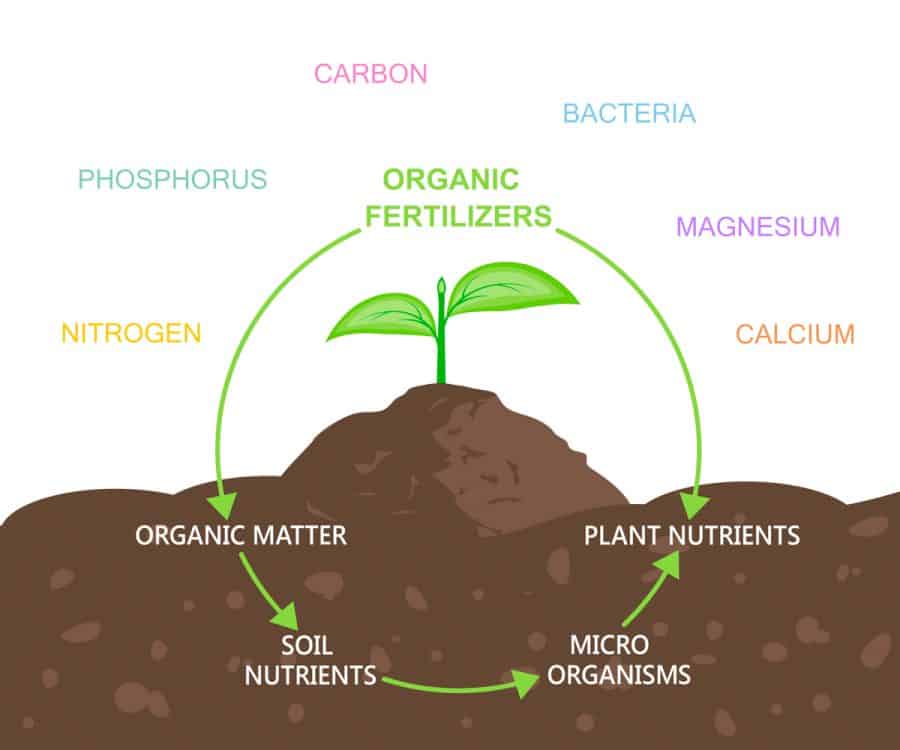
Rich, nutrient-dense soil is the secret to growing the best produce or flowers in your garden.
Although compost isn’t a perfect substitution for fertilizer, it’s a great way to add a lot of nutrition to your vegetable garden.
Vegetables like tomatoes, squash, melons, and eggplant are heavy feeders and will appreciate your new food source.
Many flowers, like mums, daylilies, and peonies, benefit from fresh compost at least once per year.
Cons of Composting
There are some disadvantages to composting that are important to consider.
There’s no one-size-fits-all approach here, and it’s essential to understand the cons to know the right way forward.
Requires Space
Many composting methods require a pretty sizable outdoor set-up.
Although there are compost tumblers and in-ground composters that you plant directly in your garden, they still need at least a few cubic feet of your backyard.
A traditional composting system might not work for you if you don’t have a lot of yard space. This article has information on the best location for your bins.
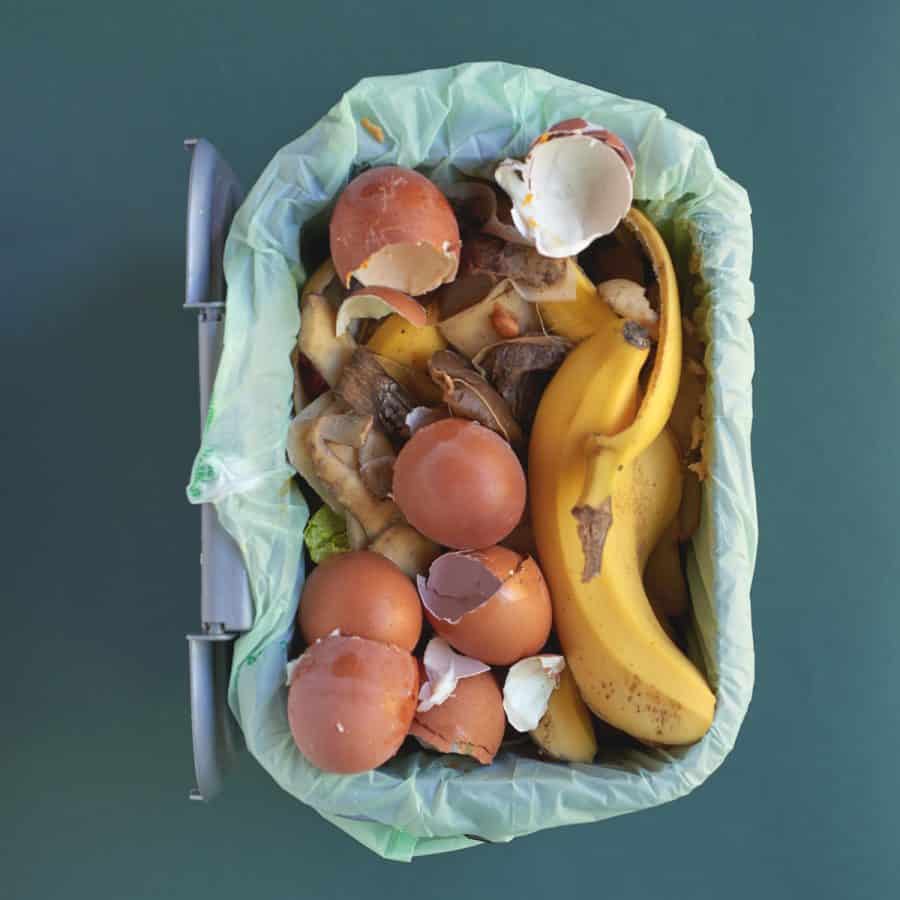
Instead, consider using a bokashi composting system that breaks down waste using anaerobic methods.
Worm composting is another easy method to break down food scraps into food for your flower beds.
These methods are best for people who mainly compost food scraps with minimal yard waste.
Unpleasant Smell
Since the composting process accelerates the decay cycle, it can get a little stinky sometimes.
However, your compost pile should never smell terrible if you balance the different types of organic matter.
Many beginners forget that they must balance vegetable scraps with green materials (grass clippings, garden trimmings, brush) and brown waste (pine needles, dried leaves, cardboard) for proper aeration.
May Attract Pests
Pests are one of the most significant disadvantages of composting. Any time you create a warm, dark source of food outside, it will naturally attract pests and rodents.
This happens more with large compost piles as they are exposed to the elements.
Rodent-proof composting systems include composting tumblers, bokashi composting, and vermicomposting.
Compost Can Be Unsightly
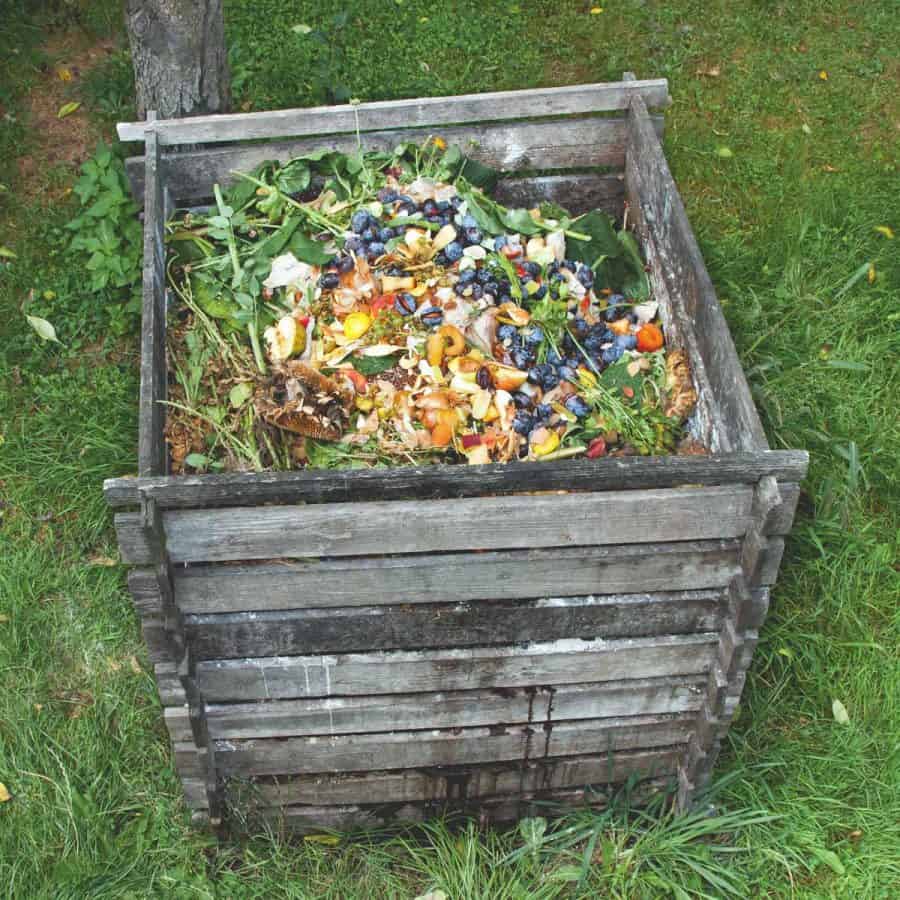
If you want a picture-perfect yard, a giant compost heap of decaying plant materials isn’t the right answer.
Some people don’t like to look at compost or are worried that their neighbors will be concerned.
There are less invasive composting methods like worm bins, bokashi, compost tumblers, or countertop composters that can be done indoors or kept out of sight.
Keeping Track Of What Can And Can’t Go In The Compost Bin
You can add only some items from your kitchen scraps to your backyard compost pile.
Things like meat and bones can only break down safely using hot composting, which requires specific conditions to create a compost pile that gets hot enough to kill bacteria.
However, yard waste such as grass clippings, leaves, and even weeds are excellent materials for compost piles.
Your compost pile needs a certain balance of compostable materials, and beginners spend a lot of time googling whether they can add this or that to their compost heap.
It may take a little extra time upfront, but it becomes second nature over time.
Take a look later at our article about the different types of composting materials.
Composting Takes Time
Although composting speeds up the decay process, it still takes a lot of time for the organic materials in your compost bin to break down. It’s not a quick fix.
You’ll likely need to wait 3-12 months before you start pulling compost out of your pile for your garden.
Requires Hands-On Commitment
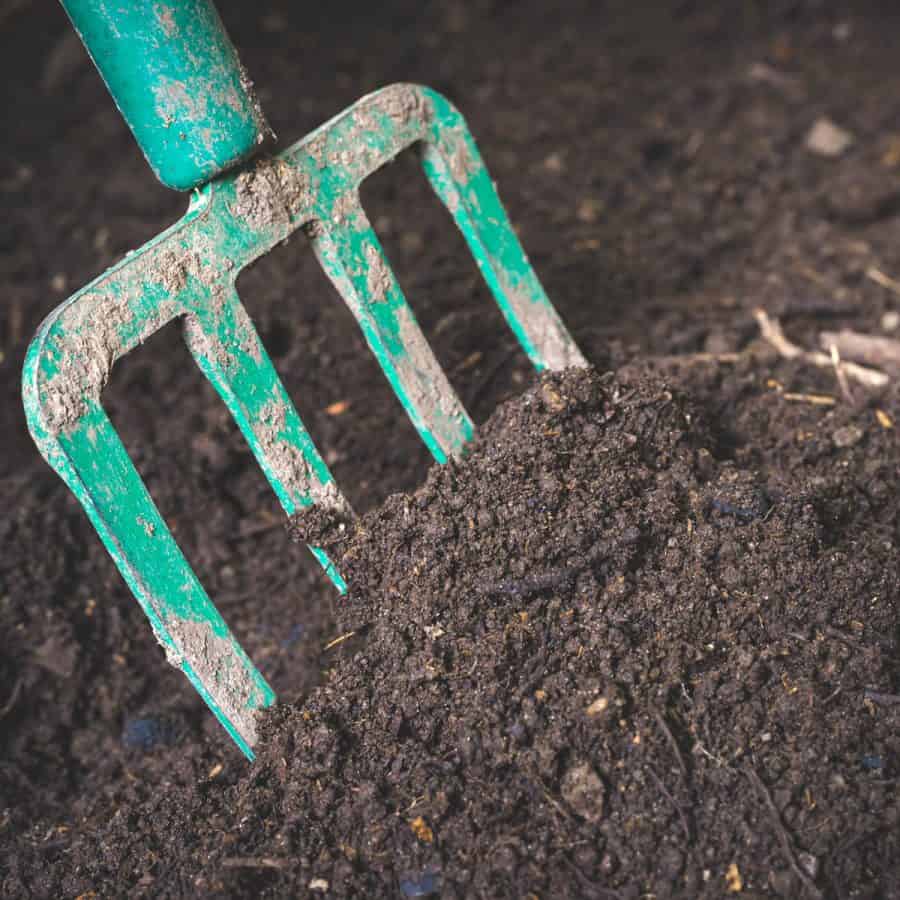
There are no completely hands-off composting methods. They all require you to deal with food or plant scraps starting to go bad.
Compost piles need to be turned or flipped over time, rotating tumblers need to be rolled, and worm farms need to be cleaned and drained.
Composting requires you to be comfortable with getting messy sometimes and dedicating a little extra time to ensure it works properly.
How To Start Composting
Now that you fully understand the composting pros and cons, how do you decide the next step forward?
- 1. Take note of the things that drew you to composting from the pros list.
- 2. Then, consider the disadvantages of composting to find the proper composting method.
- 3. Learn how to implement the composting method that’s right for you.
For example, if you want to compost to fight climate change but need more space or don’t want to deal with the mess, you are a great candidate for using a green bin from your waste company.
There are city-wide composting initiatives across the United States, and there is likely a service that comes to your home.
You could continue disposing of food scraps, garden clippings, and yard waste, but your local waste management company would empty your bin just like your trash.
Those scraps are taken to composting facilities and then sold to consumers or used for city or county projects.
Composting deserves a place in everyone’s home in one way or another.
Hopefully, now that you know the composting pros and cons, you can decide whether this practice is right for you.
Don’t forget to Pin it for later!
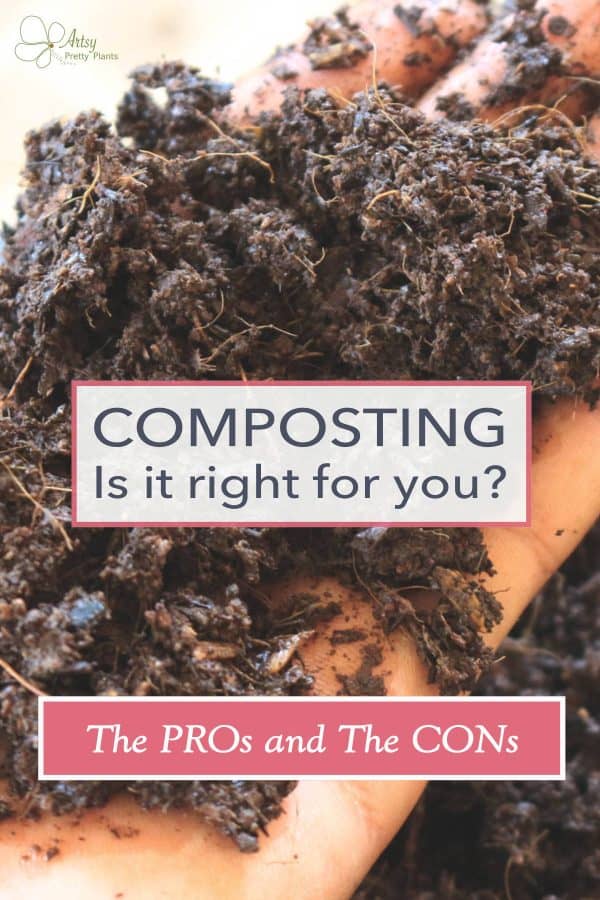

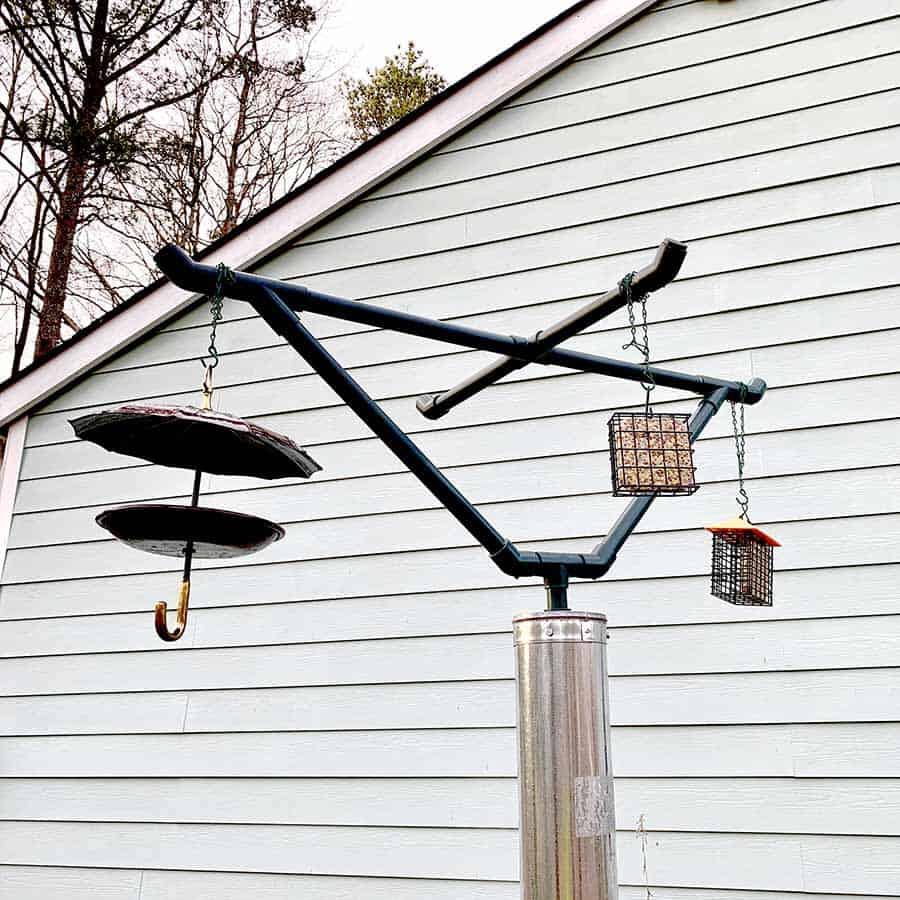
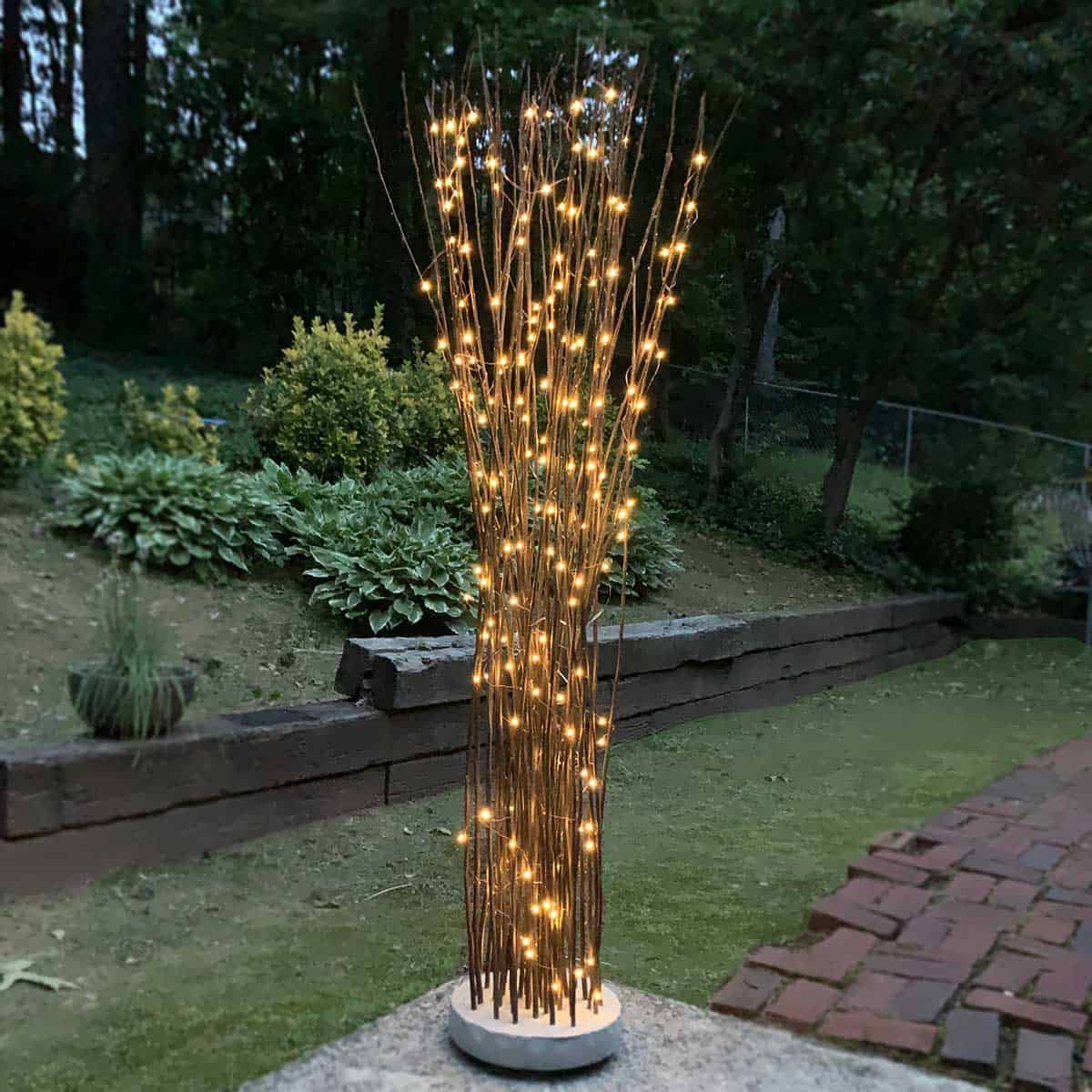
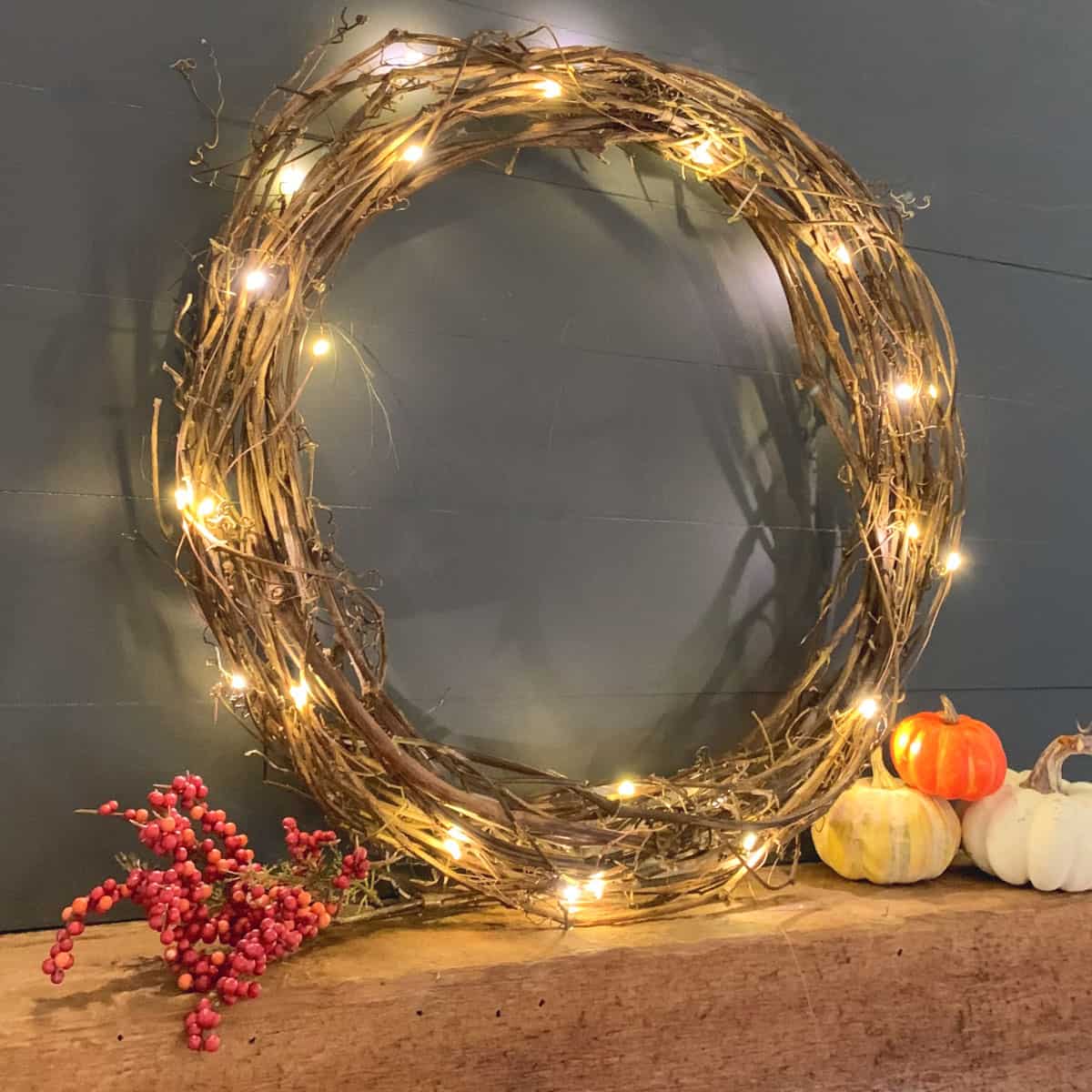
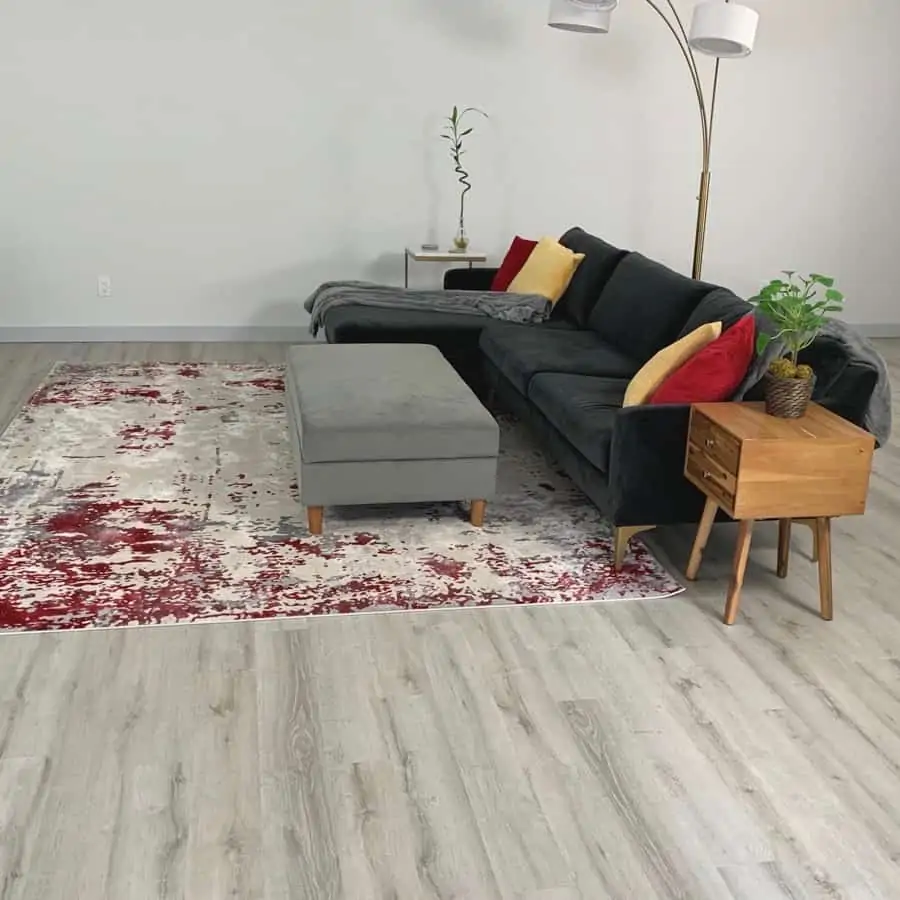

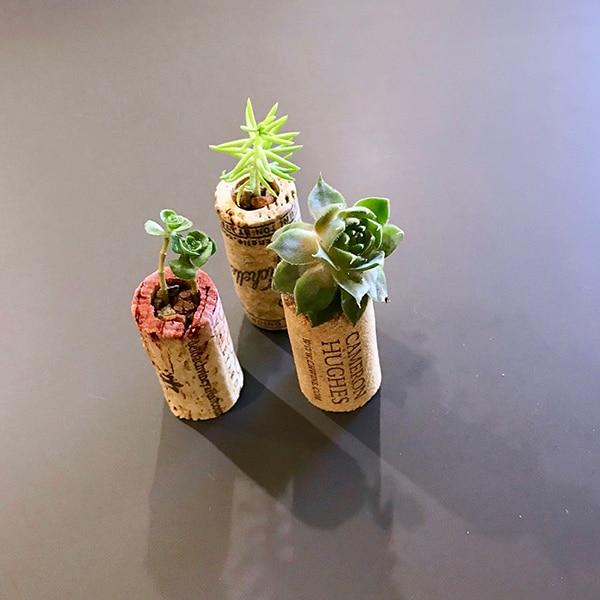
Thank you for this article. I’m going to try to get a compost bucket started. That’s going to be my jumping off point so to speak.